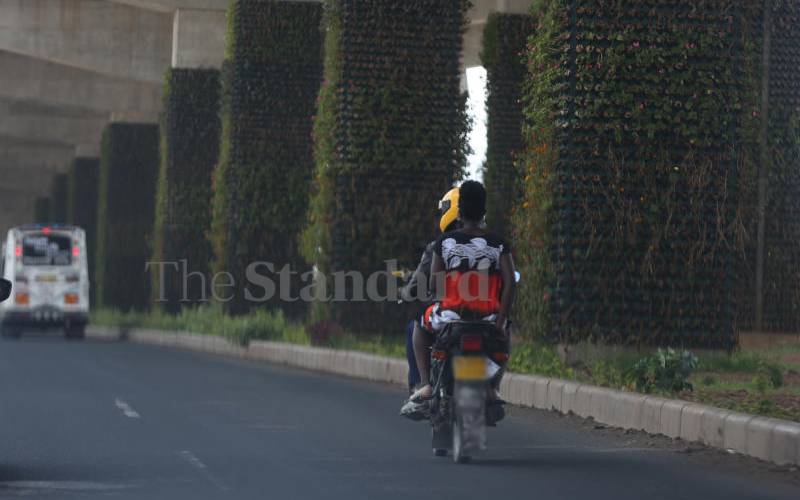
Anyone driving in any town centre of any county knows they have to be aware of boda bodas -a form of taxis on two wheels. It is a very convenient means of transport given the poor state of most of our roads, as well as the traffic delays But more important is the fact that they are affordable rides to Mwananchi.
According to a Car and General (C&G) report there were 1.2 million riders in Kenya in March 2022. It was further reported that nine out of ten were used for commercial purposes, representing over one million jobs. Further, the report stated that 75 per cent of the operators were the youth with six per cent being female. With a reported net worth of Sh357b, the boda boda sector represented 11 per cent of Kenya’s budget in 2021/2022 Financial Year.